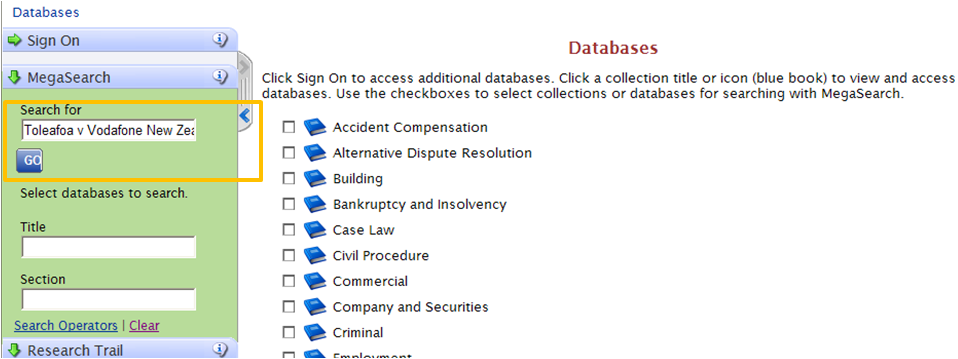To Sir, With Love xxx
What happens when private becomes public ...
A few kisses to a loved one, some playful banter with the new squeeze, a vent about your horrible boss or evil colleague to a friend in the Returns Department … It’s easy to kid yourself that what you write in an email sent while you’re at work is for the recipient’s eyes only.
Your emails belong to the company
But the chances are that your employer has an email policy and the chances are it states its right to monitor – and read – all emails generated on its computer systems. The equipment, power, and in fact your time while at work are, after all, owned and paid for by your employer. It almost goes without saying – though most email policies do – that any emails written in work hours on the company’s equipment belongs to the company.
Swearing by another name, is still swearing
You may think that the IT guy or gal has better things to do than to read the emails you’ve sent to your Snugglebums, and that’s probably true most of the time. But when a line is crossed (remembering that there are such things as profanity filters), a review of all the emails you’ve ever sent might dredge up items of embarrassment – or worse, that breach the email policy to such an extent your employer loses trust and confidence in you. And calling your managers by insulting names – even in another language – could lose you your job.
And stirring is stirring ...
Take the recent case of a woman who worked in a contact centre. By her own admission (in a subsequently discovered email), she liked to stir if it was “kinda quiet at work lol”. She was a member of the Unite Union – but not a delegate – and sent some emails to group lists (around 200 workers) encouraging them to join the union. She agreed to stop using the group lists to send non-business emails when told to, but couldn’t resist replying to the group the next day in response to an email her manager had sent.
Discipline & dismissal
This sparked a disciplinary inquiry and other emails sent from her work email address were checked. There were several that caused the company concern, including a couple to a friend's work email address that referred to her managers as "ufa" and "kefe". These are terms of abuse similar to "dickhead" or "f*ckwit". Several days into the inquiry, the woman sent another email to a group list (of 15) commenting on a request for volunteers by saying "Mayb a payrise wld b better?” The employer decided it had lost trust and confidence in her (there were other issues as well as the emails) and she was dismissed.
Appeal to Authority lost
The woman challenged her dismissal. As part of her defence, she claimed that her personal emails were private. The Employment Relations Authority did not agree. The employer's policy stated that all messages generated on its systems were company property and that it had the right to monitor all employee email passing through its system. Inappropriate use was forbidden and expressly included coarse language. The Authority determined that referring to managers as "ufas" and "kefes" was coarse language.
The Authority said that whatever the woman might choose to say about her managers in genuinely private situations, she took the risk of disciplinary action when she made derogatory comments about them during working hours and while using the employer's technology and resources.
Besides which, the emails had been sent to friends and relatives at their work address – some of whom worked for large employers. Those employers were also likely to have a policy of monitoring emails sent and received, so the woman was not necessarily communicating her views only to selected relations and friends in their private capacity, but potentially also to managers of those other businesses.
The Authority determined that the employer was justified in finding the language the woman used in her emails was misconduct. This, along with other actions that were misconduct and serious misconduct, justified her dismissal.
Read more
If you subscribe to Brookers Online, Employment Cases read more by entering the cases details Toleafoa v Vodafone New Zealand Ltd [2011] NZERA Auckland 488, 11 November 2011 into mega search as per the image below.
So, let that be a warning to you!
The moral of the story is, of course, never to put anything in an email at work that you wouldn’t want your manager, IT person, or even your grandmother, to see. And if you need to vent, do so in a private place – not electronically.
